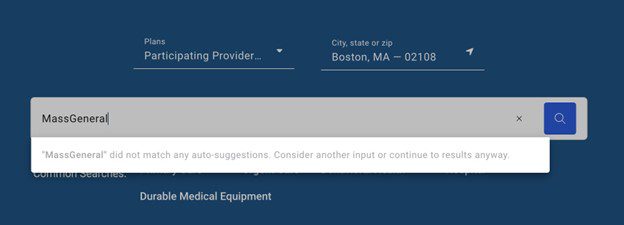The current discussion about Medicare for All could drastically affect the future direction of healthcare services in the United States. The proposal intends to establish universal health coverage so that all Americans obtain good healthcare plans independently of their income level or employment status and without restrictions from pre-existing medical conditions. Anyone who wants to understand the future of good healthcare plans in America must know how Medicare for All operates and how it benefits citizens along with its potential challenges.
"Medicare for All" seeks to change the U.S. healthcare system into a single-payer framework where government administration provides health coverage for every citizen. The proposed single-payer system would eliminate the existing multi-payer structure of private insurance and employer-sponsored insurance to create one public health insurance program that extends coverage to all people. The main goal is to provide healthcare access to all people without imposing financial obstacles.
The federal government would provide comprehensive medical services under Medicare for All to ensure every person receives quality healthcare with very low personal expenses. This system would provide:
The government plans to support this system by redirecting existing public health funds and implementing additional tax measures. The system aims to deliver good healthcare plans more affordably by getting rid of administrative waste and negotiating drug prices.
The main advantage of Medicare for All lies in its ability to reduce total healthcare expenses. Here’s how it could achieve this:
A study by the Congressional Budget Office projected that national health expenditures would be reduced by approximately $650 billion in 2030 under a single-payer system.
Some critics believe that government healthcare spending increases would necessitate raising taxes although individual households could benefit from lower premiums and reduced out-of-pocket expenses.
Medicare for All aims to ensure complete health insurance coverage for all people living in the United States. All people would gain access to quality healthcare plans without any financial or employment-based restrictions. This system would provide uninterrupted health insurance for all people unlike employer-based coverage which results in millions losing insurance when they change jobs.
Additionally, under this proposal:
Proponents Claim That Removing Private Insurance Will Reduce Costs But Opponents Contend That Increased Taxes Would be Essential to Fund the Program
The healthcare system would need substantial changes to move away from employer-sponsored insurance since nearly half of Americans receive their coverage from employers.
Various healthcare industry groups including private insurers and pharmaceutical companies along with certain hospital organizations oppose the plan because they anticipate revenue reductions.
Public interest in good healthcare plans grows continuously even though challenges exist as rising healthcare costs make employer-sponsored plans less affordable.
Medicare for All is still a long-term policy objective while immediate healthcare solutions are essential for individuals and small businesses today. Companies such as PEO4YOU offer solutions of value to organizations searching for healthcare solutions.
Small businesses and individuals who need healthcare solutions sooner than political changes can provide them find practical options through PEO4YOU.
Recent Posts
Get In Touch— We’re available 24/7
"*" indicates required fields
“We respect your privacy. Your contact information will be used solely for the purpose of responding to your inquiry and will not be shared with third parties.”
Click To Open Modal
Get In Touch— We’re available 24/7
"*" indicates required fields
“We respect your privacy. Your contact information will be used solely for the purpose of responding to your inquiry and will not be shared with third parties.”
Thanks!
We will be in touch soon.
If you're looking to book a consultation now
Affordable health and benefits plans for small businesses, freelancers, and independent contractors.



Copyright © 2026. Peo4you. All rights reserved.











